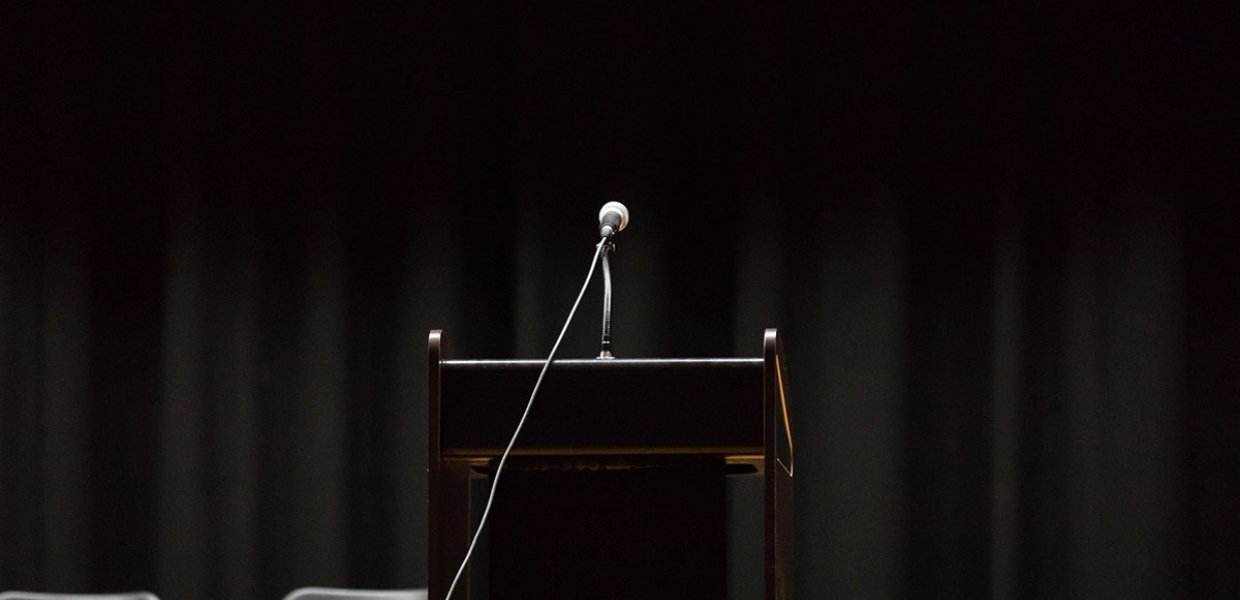Eighteen months after the world came to a grinding halt, we are still grappling with the profound changes brought on by the COVID-19 pandemic, including the psychological effects of extended quarantine. In times like these, we search for things in our lives that offer stability and safety: Family, close friends, daily routines and – on a societal level – protections offered by the Constitution and the law. Yet, here in America, basic freedoms many have come to take for granted are under vicious attack. This is no coincidence. People in positions of power have taken advantage of confusion and distractions as a strategy for pushing through their political agenda since before Rome was a republic.
As I write this essay, the ‘heartbeat’ law is taking effect in Texas. The most restrictive abortion law in the United States to date, the Texas senate Bill law signed into law last May by Republican Governor Greg Abbott prohibits doctors from performing or inducing abortions if they have detected a fetal heartbeat, usually around six weeks into a woman’s pregnancy. The bill makes no exceptions for rape, sexual abuse or incest. It also empowers any private citizen to file a civil lawsuit against anyone who provides abortions or “aids or abets” them after the detection of a heartbeat with the ability to yield at least $10,000 in “statutory damages” per abortion.
Despite an emergency appeal from activists, our current conservative majority Supreme Court made no move to block its enforcement and the Texas law took effect on September 1. Waves of protests nationwide culminated in a September House Oversight Committee hearing where members of Congress shared personal accounts that made national news headlines. Meanwhile, other conservative states such as Mississippi saw an opportunity to push for legislation designed to make access to abortion more difficult.
Less than two weeks after Governor Abbott signed Senate Bill 8, Lake Highlands, Texas high school valedictorian Paxton Smith made her own headlines. Her voice trembling with emotion and anger, she ditched her prepared remarks and spoke up on behalf of a generation of young women saying: "I cannot give up this platform to promote complacency and peace, when there is a war on my body and a war on my rights!" Her remarks about the legislation “currently affecting [her] and millions of other women in the state” quickly spread across social media and Smith said she received hundreds of messages of support.
What makes Paxton Smith so relevant at this particular time? And how is a woman’s right to choose still a top source of discord and polarization in the United States?
In the spring of 1992, while a student at the University of Pennsylvania, I joined one of the largest pro-choice rallies on the Mall in Washington D.C. At the time, almost thirty years ago now, I wondered why this was a topic up for debate. As a Dane, I couldn’t fathom of a world in which a woman’s right to choose would be questioned.
Now, let’s be clear. No one is pro-abortion.
I believe that no woman chooses to end her pregnancy unless she finds herself emotionally, financially or physically unable to bring a child into the world. Unless she has been violated. Unless she has no other option. Taking that decision away from a woman amounts to nothing short of, in Smith’s words, “erasing her humanity.” And no amount of legislation is ever going to change a woman’s socioeconomic circumstances, medical issues, or emotional readiness to care for a child – the key factors in what should be her sole, discretionary decision, in consultation with her partner if she so chooses.
Paxton Smith’s relevancy reflects how squarely she represents Gen Z – digital natives aged 11 to 26 for whom diversity and inclusion is the norm. By demonstrating an understanding of timing and opportunity – core elements of any purpose-oriented communications effort – she catapulted herself into a leadership position. Like others of her generation, she is unafraid to use any platform available to her for self- expression and activism.









